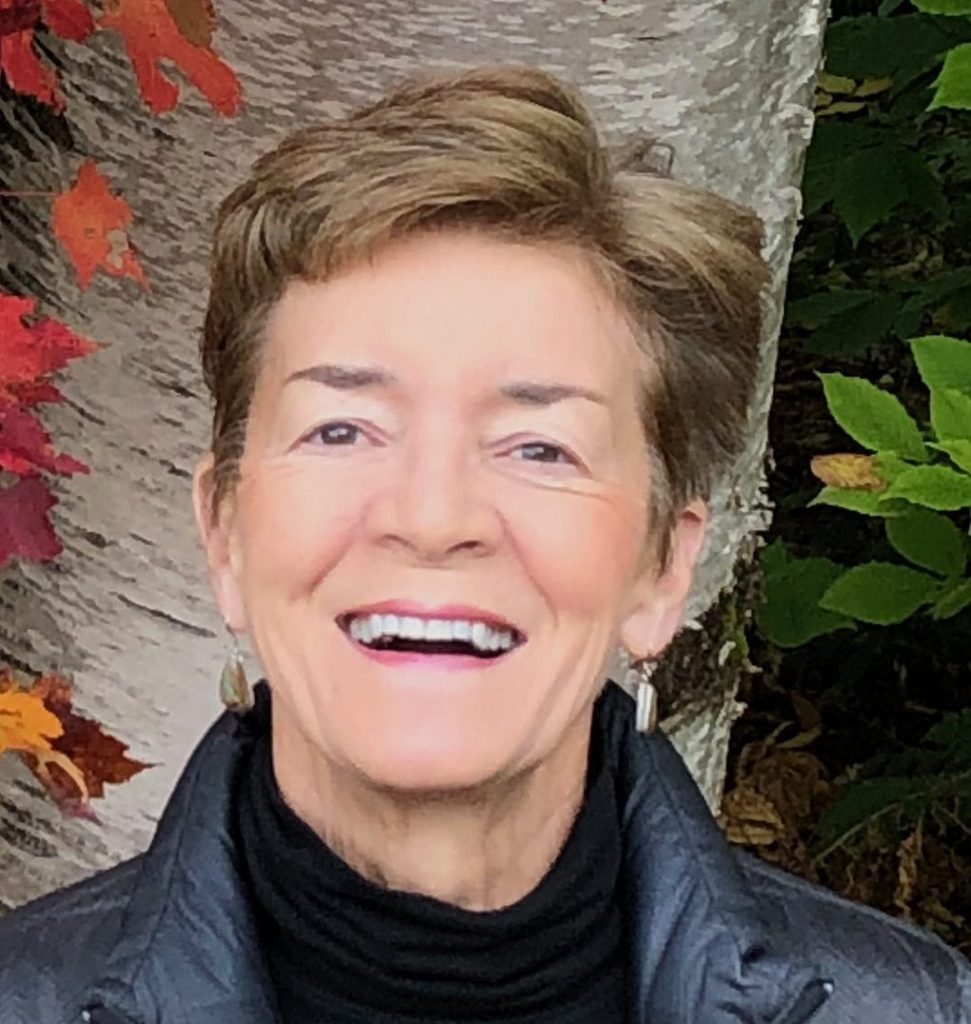Something poet Sue Ellen Thompson is deeply concerned about when helping other writers create autobiographical poems is the “so what?” factor.
“I read so many autobiographical poems that, when I get to the end, I find myself asking ‘So? Why are you telling me this?’ ” said Thompson, a writer, educator and the Week Four poet-in-residence at the Chautauqua Writers’ Center. “My Brown Bag lecture will expand on the subject matter covered in my workshop by taking a close look at two contemporary poems: one by Sharon Olds, and one by Norah Pollard.”
It’s Thompson’s goal to take these two poems and ask what makes them so appealing.
“They’re appealing not just to me, but to any reader,” she said. “What do those two poets do that makes readers care about the stories they’re telling?”

At 12:15 p.m. Tuesday, July 19, on the porch of the Literary Arts Center at Alumni Hall, Thompson will give a Chautauqua Literary Arts Brown Bag lecture titled “Poetry as Autobiography: Making Your Readers Care.” Over the years, Thompson’s work has earned her a Samuel French Morse Poetry Prize, a Pablo Neruda Prize for Poetry, and two Individual Artist’s Grants from Connecticut. She is the author of six books, including 2006’s The Golden Hour, which was nominated for the Pulitzer Prize. Her most recent is Sea Nettles: New & Selected Poems; she said that this new book of poems came about as a result of the COVID-19 pandemic.
“(Sea nettles) are a type of jellyfish that are very common in the Chesapeake Bay, where I live,” she said. “But the book was really the result of COVID, I have to say. I really didn’t expect to have another book out. I’m one of those poets who takes a decade to write, find a publisher and actually have the book come out.”
During the pandemic, however, Thompson said she had “a lot more time on my hands.”
“I spent some of that time looking back over what I’d written over the last five years,” she said. “I was looking for a theme, or just some image that would hold those poems together, something they shared. The idea of sea nettles came to me because they are a particularly dreaded creature here on the Chesapeake.”
Sea nettles are a small, stinging jellyfish that most people would do “anything to avoid,” Thompson said.
“I realized that a lot of my poems are about things that I, or most people, would rather not talk about,” she said. “I figured that that might be an image that could connect these poems.”
That said, according to Thompson, a lot of her poems are about themes that she has been dealing with for some time.
“I felt that readers would want to see at least a handful of poems from my last two books to fully understand and appreciate the background for the new poems. But if I hadn’t had all that time on my hands during the pandemic, I’d probably still be working on it.”




